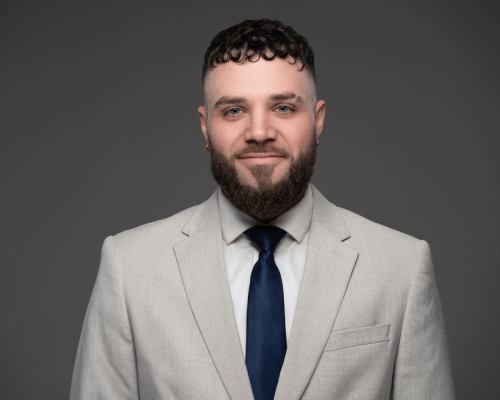When it’s time to get new health insurance, you have options. During the annual Open Enrollment Period, you can purchase a new policy on the Marketplace. The only other time you can do this is after a qualifying life event (QLE), like having a child or changing jobs.
Although it’s meant to simplify the act of getting health insurance, we know the Open Enrollment Period can be confusing. In this guide, Live Health covers everything you need to know about getting coverage.
What and When Is the Open Enrollment Period?
The Open Enrollment Period is a period of time each year when Americans can buy new health insurance. This period is typically through early November to the first or second week of January.
During the Open Enrollment Period, people have the option to buy health insurance or change their health insurance provider. You can also make adjustments to your current plan.
If you don’t go through a QLE after the Open Enrollment Period ends, you will have to wait until the next one to buy insurance or change your current policy.
Who Is Eligible?
Adults 18 and older are eligible to purchase health insurance in the United States, though young adults can stay on their parents’ plans until they are 26. Furthermore, people who receive health insurance through their jobs, Medicare, and the Affordable Care Act (ACA) are eligible to change plans.
What Are My Options During Open Enrollment?
There are various healthcare plans to choose from during the Open Enrollment Period. If you are buying health insurance for the first time, all the terminology can be overwhelming. Read on to find out what the difference between an HMO and PPO is, as well as other types of health insurance you’re likely to encounter on the Marketplace.
Exclusive Provider Organization (EPO)
In an EPO, your health insurance only covers services provided by doctors, specialists, and hospitals in their network. A network is a group of providers that accept a health insurance provider’s coverage.
Because they have more limited options, EPOs tend to cost less. They can be beneficial for those who do not need extensive coverage, are in good general health, and looking for basic health insurance to cover their annual physicals and the event of an emergency.
Health Maintenance Organization (HMO)
An HMO has more coverage options than an EPO, but it still requires you to see doctors and specialists in your network to receive coverage. Most HMOs focus heavily on prevention and wellness rather than specialized care for chronic diseases or underlying conditions.
An HMO can be an individual or family health insurance plan. Along with a PPO, it is one of the most popular types of health insurance.
Preferred Provider Organization (PPO)
In a PPO, you can see any provider you want, but the cost of service is lower if you visit a doctor or specialist in your plan’s network. These plans tend to have higher costs due to the options they offer policyholders. However, they can increase your options when it comes to getting the proper care.
Outside the Open Enrollment Period
Outside of the Open Enrollment Period, you cannot make changes to your health insurance unless you experience a Qualifying Life Event. QLEs include having a child, switching jobs, and moving to a new state.
Qualifying Life Events trigger a Special Enrollment Period. During this time, you are able to modify your coverage or buy new health insurance. This can include changing providers, changing the type of health insurance you have, modifying your plan, or switching from individual to family health insurance.
If you are self-employed, then you pay for your own health insurance, so the only time you can change coverage is during the Open or Special Enrollment Period.
If you turn 65, then you can qualify to apply for Medicare outside of the Open Enrollment Period. People who have low incomes can apply for Medicaid, a state-funded health insurance program, any time of the year.
What If I Missed the Deadline?
When you miss the Open Enrollment Period, you will have to wait until the next one to buy coverage or change your plan. In some cases, you may be able to purchase private health insurance outside of the Open Enrollment Period.
If you miss the deadline, you can look into other options like short-term health insurance to avoid having no coverage or having large gaps in your health coverage. And remember, if you go through a QLE, then you will typically have 30 to 60 days afterward to make changes to your health insurance (or buy a new policy altogether).
Find the Right Health Insurance for You
Live Health helps thousands of people living in Florida find the best coverage for their needs. Visit our products page to learn more about the types of health insurance we offer.


